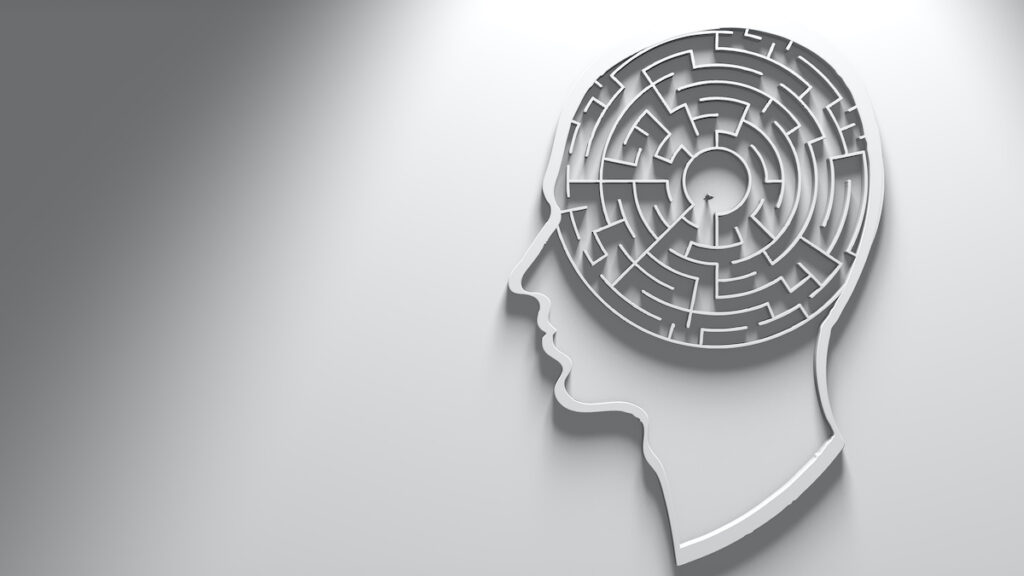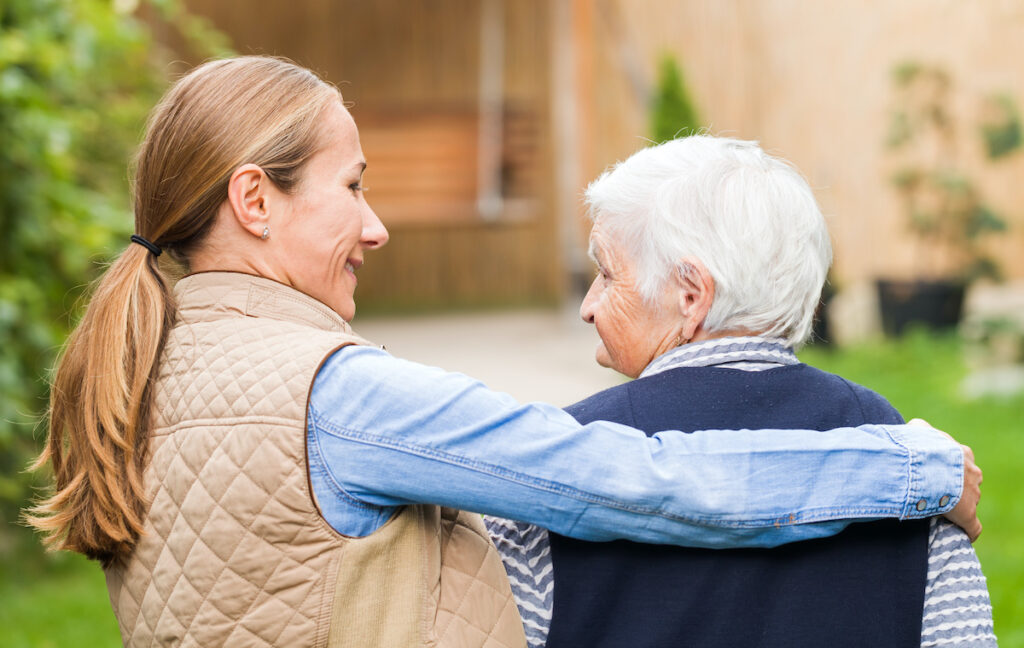As the year draws to a close, all of us at the Law Offices of Michael J. Young, Inc. extend our warmest wishes for a happy holiday season, a Merry Christmas, and a prosperous New Year to our valued clients and their families. This time of year is often filled with joy and celebration, but […]
As we age, the potential for health challenges increases. These challenges can range from minor ailments to more serious conditions like dementia or Alzheimer’s disease. It’s crucial to plan for how you will pay for various levels of care.
Don’t Delay: Secure Your Future Procrastination is a common human trait, but when it comes to estate planning, it can have serious consequences. Delaying this essential task can leave your loved ones burdened with unnecessary stress, legal complications, and significant financial costs.
The Essential Role of an Elder Law Estate Planning Attorney In this blog post, we discuss estate planning 2025. As we age, planning for the future becomes increasingly important. An elder Law estate planning attorney can help you navigate the complexities of estate planning and elder law.
This time of year, can likewise create stress for your loved one whose anxiety levels seem to mirror your own. Unlike yourself, however, the dementia affects your loved one’s ability to express himself or herself clearly. Simple changes in routine can cause unexpected anxiety which increases with the inability to verbalize what they are feeling.
The late stages of Parkinson’s disease are marked by a significant decline in physical and cognitive function. Patients may become severely limited in their mobility, requiring assistance with daily activities. Communication can also become impaired, making it difficult to express thoughts and needs. Additionally, the risk of complications, such as falls and pneumonia, increases significantly.
It’s important to note that there are costs associated with in-home care. These costs can be covered through personal funds, traditional long-term care insurance, or newer long-term care financial products. However, it’s crucial to assess whether your needs can be safely met at home with the available support system and financial resources.
If a doctor diagnoses you or a loved one with Alzheimer’s Disease, act quickly. As the disease progresses, it will become increasingly difficult for your loved one to make decisions and manage complex affairs.
Reverse Mortgages: A reverse mortgage can provide access to cash from your home equity, which can be used to help cover long-term care costs. However, it’s important to understand the potential risks and limitations associated with reverse mortgages.
When a spouse is the primary caregiver for a person with dementia, the strain on the relationship can be particularly intense. It’s common for the well spouse to experience burnout and health problems. It’s essential for both spouses to discuss their needs and expectations and to seek help from family, friends, or professional caregivers.










